Boating License NC: Essential Guide for North Carolina Waters
In North Carolina, obtaining a boating license is an essential step for individuals who wish to operate a motorized vessel on the state's waters. The regulations are designed to ensure that boat operators are knowledgeable about boating safety, rules, and requirements. To acquire a boating license in NC, individuals must complete a boater safety course approved by the North Carolina Wildlife Resources Commission.
Boater safety courses can be taken either online or in-person, and they cover essential topics such as understanding the boating license process, age and education requirements, key rules and regulations, and safe vessel operation. Upon completion of the course and passing the exam, operators receive a boater education card, which they must carry while operating a motorized vessel on the state's waterways.

Key Takeaways
- Acquiring a boating license in NC is essential for safe and legal operation of motorized vessels.
- Completion of an approved boater safety course is necessary to obtain a boater education card.
- Operators must adhere to key rules and regulations and maintain proper documentation while boating.
Understanding NC Boating License
North Carolina offers a vast expanse of waterways for boating enthusiasts, with over 5,000 miles of navigable waters. Obtaining a North Carolina boating license is essential to ensure safety and adhering to the state's regulations. This section provides you with a clear and concise understanding of the NC boating license requirements.
The process of securing a boating license in North Carolina involves participating in a boating education course. These courses make certain that residents and visitors are well-equipped with knowledge on safe boating practices and understand the NC boating laws. Both in-person and online courses are available, catering to individual preferences.
After successfully completing a boating safety course, operators receive a certification that enables them to operate a motorized vessel in North Carolina waters. It is crucial to note that certain age restrictions apply for operating boats with specific horsepower ratings. For instance, individuals below 14 years of age are not allowed to operate a personal watercraft.
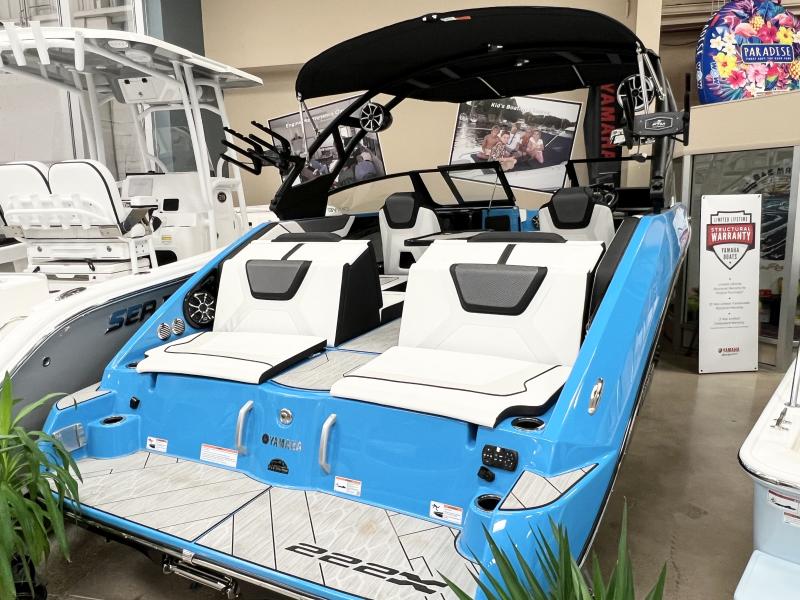
Boat owners should also be aware of the registration and titling requirements for their watercrafts. In North Carolina, both motorized and non-motorized boats need to be titled and registered. Processing fees vary depending on the boat's length and other factors. In addition, boat owners must adhere to the rules for displaying registration numbers and decals on their watercrafts.
When boating in North Carolina, compliance with safety requirements is of utmost importance. Some of these requirements include children under 13 years wearing life jackets, maintaining proper navigation lights, and having necessary safety equipments like fire extinguishers and sound-producing devices. For a comprehensive understanding of all the boating regulations in North Carolina, it is recommended to refer to the Vessel Operator's Guide.
In conclusion, obtaining a North Carolina boating license involves successful completion of a boating safety course, adhering to age restrictions, and complying with the registration and titling process. By observing these protocols and understanding the state's boating regulations, individuals can safely enjoy boating in the beautiful waters of North Carolina.

Age and Education Requirements
License Age Requirements
In North Carolina, the minimum age for operating a boat depends on the type of vessel. It is illegal for anyone younger than 14 years old to operate a Personal Watercraft (PWC) in the state. For those aged 14 or 15, they can operate a PWC only if they are accompanied on board by a person who is at least 18 years old and has met the boater education requirements themselves1.
Boating Education Prerequisites
Any person born on or after January 1, 1988, is required to complete a NASBLA-approved boating education course before operating any vessel propelled by a motor of 10 HP or greater2. This requirement is in place to ensure boaters have a proper understanding of safety guidelines and regulations on the waters.
The North Carolina Boater Safety Education Certificate is proof of boater education completion and is legally required to operate a boat with a motor of 10 horsepower or more3. Failure to comply with these requirements can result in penalties and fines.
By adhering to these age and education requirements, boaters in North Carolina can have a safe and enjoyable experience on the water.
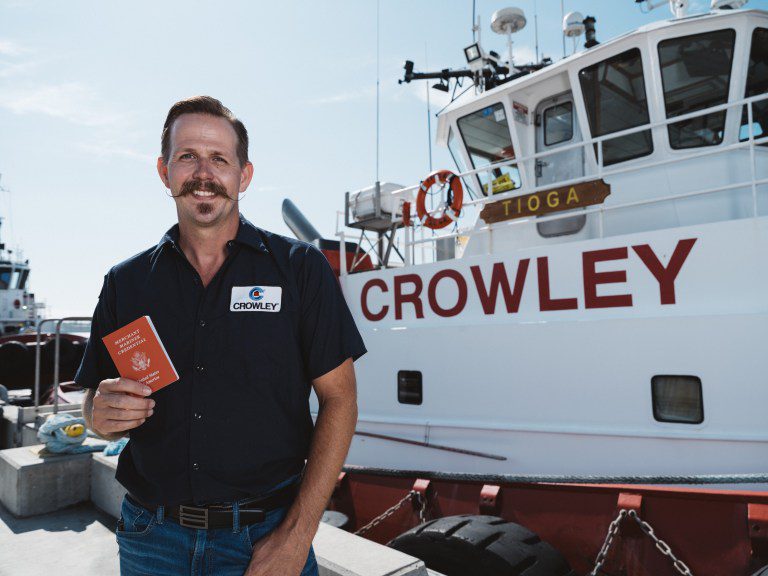
Courses and Exams
Course Offerings
Several organizations provide North Carolina boating license courses, such as the North Carolina Wildlife Resources Commission and Boat-Ed. These courses are designed to fulfill the NASBLA requirements and earn your boating education certificate. Most courses are available both online and in-person, depending on your preference.
The online courses are convenient and allow you to work at your own pace. The BoatUS Foundation offers a free online boating safety course approved by the North Carolina Wildlife Resources Commission. Apart from their free course, most courses have a nominal course cost.
Preparation and Examination
The courses typically consist of several chapters, each focusing on a different aspect of boating safety and knowledge. As you progress through the course, you'll encounter quizzes at the end of each chapter to test your understanding of the material. These quizzes are helpful for exam preparation, as they cover similar topics on the final exam.
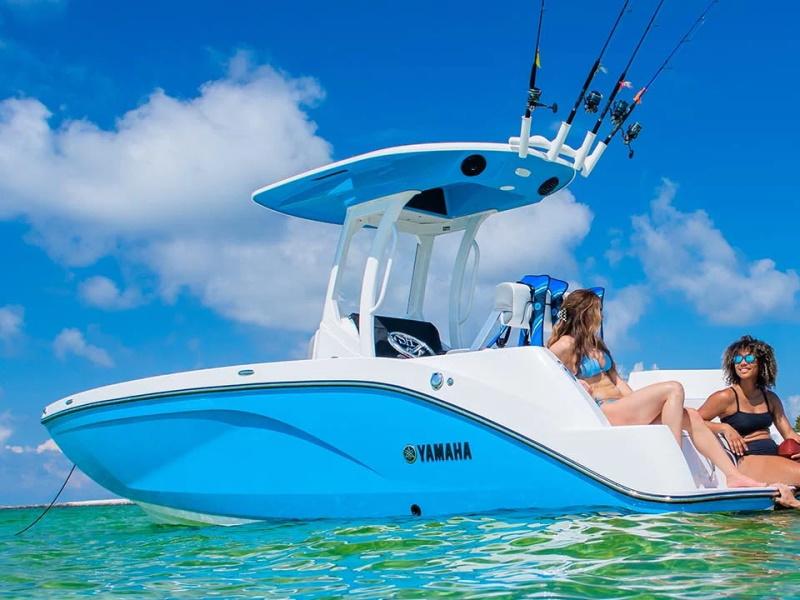
The certification exam consists of a series of questions designed to evaluate your knowledge of North Carolina boating laws, safety requirements, and best practices. Successfully passing the exam will earn you an education certificate, proving you have completed a NASBLA approved boating education course. It's crucial to retain your boating education certificates, as they serve as evidence of your qualifications when operating a vessel in North Carolina.
In summary, obtaining a boating license in North Carolina involves enrolling in a course, passing quizzes, and ultimately passing the final exam to receive your boating education certificate. Keeping the certificate handy ensures you always have proof of your qualifications.

Key Rules and Regulations
Boating Laws in North Carolina
In North Carolina, boating laws apply to all public waters within the territorial limits of the state, as well as the marginal sea adjacent to the state and the high seas when navigated as part of a journey to or from North Carolina shores1. Under these laws, passengers under 13 years of age must wear a properly fitted U.S. Coast Guard-approved PFD (personal flotation device) while the vessel is underway, unless they are inside a fully enclosed cabin2. Additionally, operators of personal watercraft who are 14 or 15 years old may only do so if accompanied by a person who is at least 18 years old and in compliance with the requirements for operating a vessel3.
NC Wildlife Commission Regulations
The North Carolina Wildlife Resources Commission oversees various mandates related to boating, including the Clean Marina Program and Clean Vessel Act and the inspection, investigation, and removal of abandoned and derelict vessels along the coastline[^4^]. The Commission also offers boating education courses to promote safety and responsible boating practices. Compliance with these regulations ensures the protection of wildlife resources and helps maintain a safe and enjoyable boating environment for all.
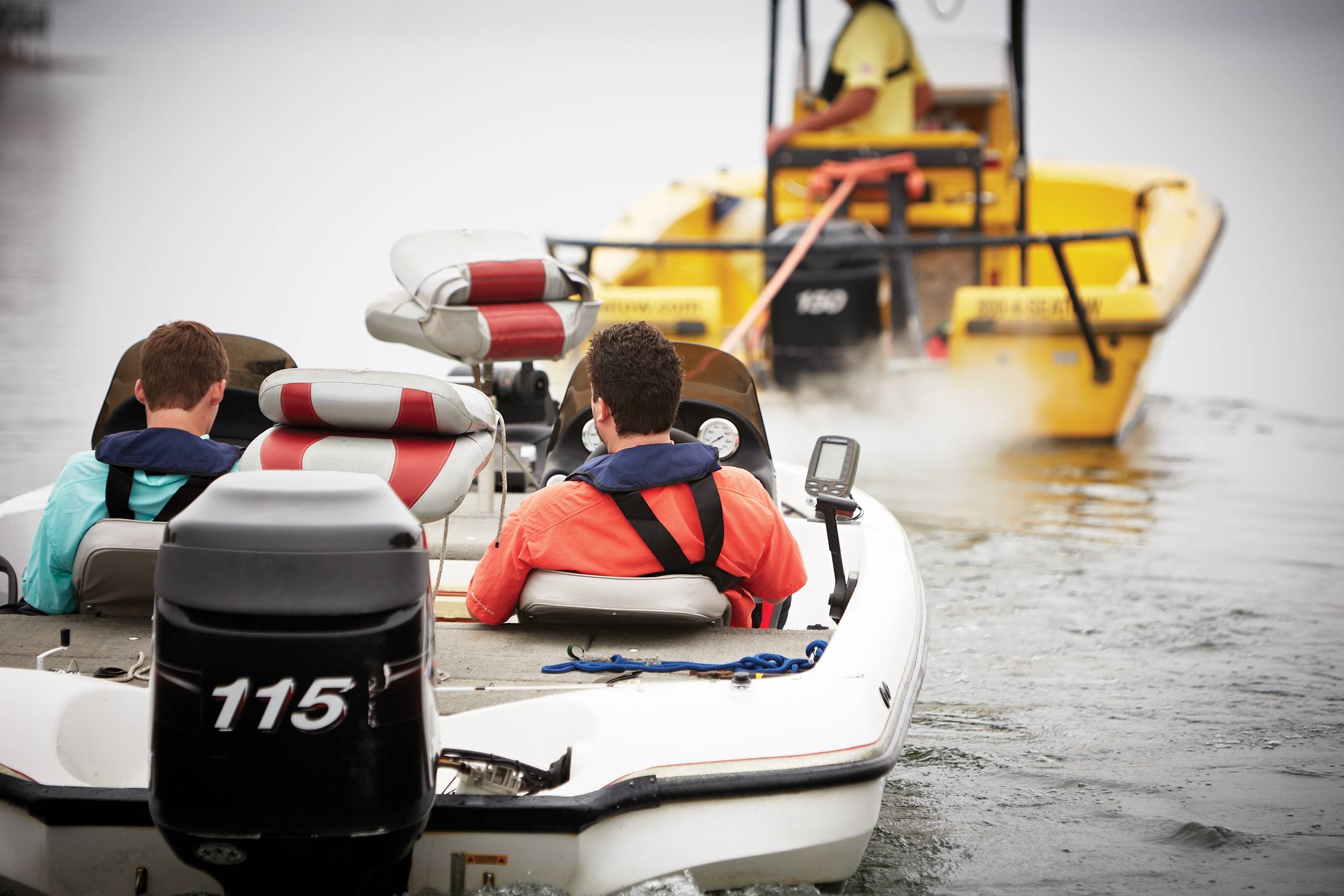
Boating Safety and Vessel Operation
Safe Operation of Motorized Vessels
Operating motorized vessels, including motorboats and personal watercraft (PWC), in North Carolina requires adherence to specific safety guidelines and regulations. To ensure the responsible use of these watercraft and protect the well-being of passengers and other boaters, it is crucial for vessel operators to familiarize themselves with the state's boating laws and obtain the necessary training.
In North Carolina, a proper vessel registration is required for all motorboat owners. Proper display of registration numbers and validation decals on the exterior of the vessel is mandatory as per the state’s regulations. The North Carolina Wildlife Resources Commission handles the registration and titling of motorized vessels in the state, providing owners with necessary information and guidance.
North Carolina Boaters Safety Course
Pursuant to North Carolina law, any person born on or after January 1, 1988, who operates a vessel of 10 horsepower or more must complete a boater safety course and carry a boater education card. This rule ensures that vessel operators possess sufficient knowledge to guarantee the safe and responsible use of watercraft on North Carolina's waterways.
The North Carolina Boaters Safety Course covers essential topics such as:
- Navigation rules
- Boating terminology and equipment
- Emergency procedures and first aid
- Proper boat handling and docking
- State-specific boating laws and regulations
By completing the course, vessel operators gain the necessary skills and knowledge to operate their watercraft safely and responsibly, minimizing the risks associated with motorized vessel usage. Furthermore, the boater education card serves as proof of successful course completion and adherence to North Carolina's boating laws.

Documents and Processes for Boating
Registration and Titling
In order to operate a motorized boat or personal watercraft in North Carolina, proper registration and titling are required. The North Carolina Wildlife Resources Commission oversees this process. Before registering your vessel, you'll need to provide proof of ownership, such as a bill of sale, and meet titling requirements.
When registering your boat, you may be required to pay applicable fees according to the type and size of your vessel. Once completed, the registration system will provide you with a registration number, which must be displayed on your boat. This allows for proper identification of your vessel on the waters.
It is important to note that if your boat is registered in another state and will be used in North Carolina for more than 90 days, you must also register it in North Carolina.
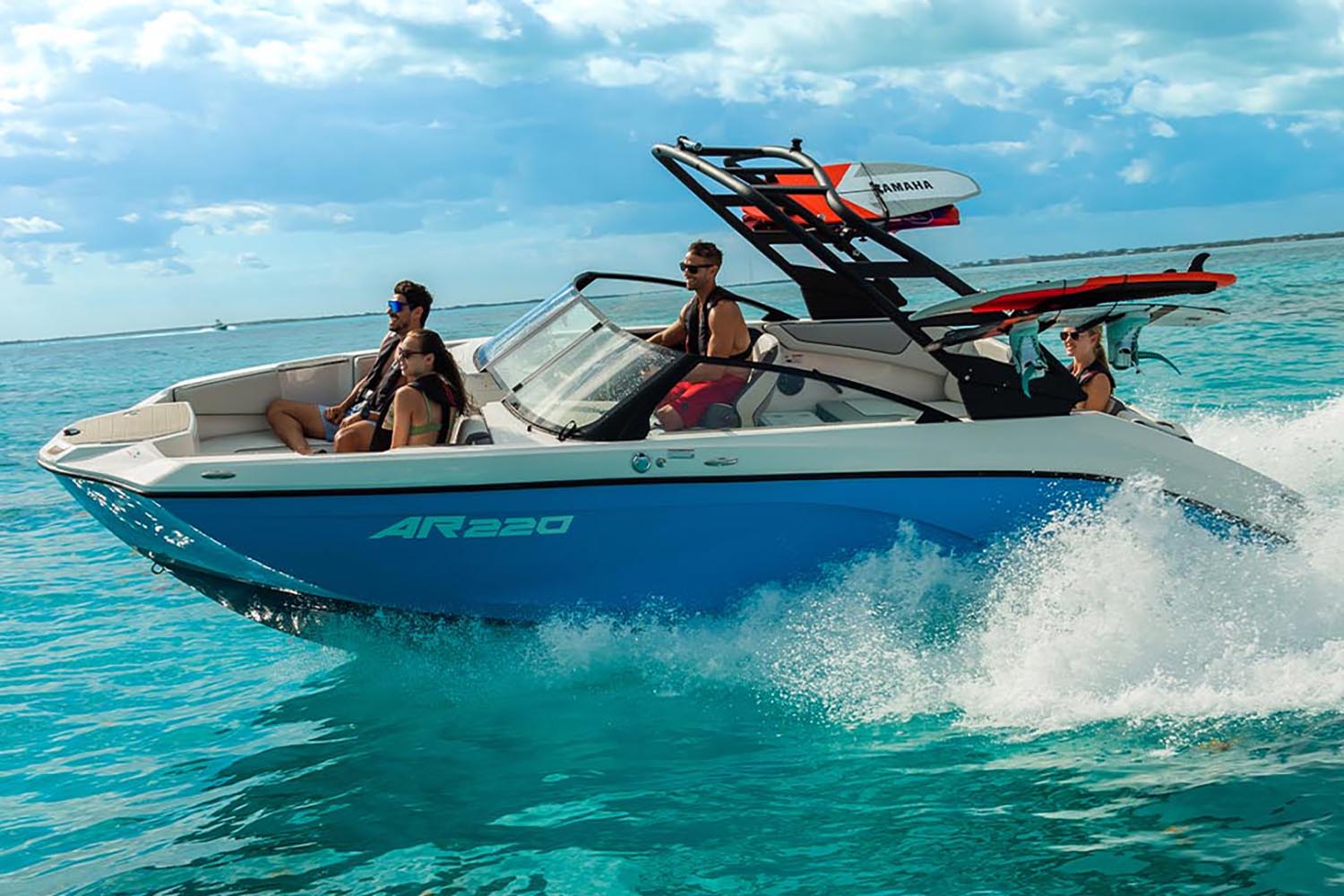
Getting a Boater Education Card
In North Carolina, it is necessary for boaters to obtain a Boater Education Card to legally operate specific vessels. To receive a North Carolina Boater Education Card, individuals must complete an approved boating safety education course. This ensures that boaters have the necessary knowledge and skills for safely operating watercraft.
Upon successful completion of the course, you will be issued a boater education certificate. Typically, these courses are available both in-person and online. It is essential to provide a valid email and state driver's license when enrolling in a course.
In summary, navigating the waters of North Carolina requires adhering to registration and titling requirements, as well as obtaining a Boater Education Card if applicable. By taking the necessary steps and being knowledgeable about boating regulations, boaters can confidently and safely enjoy their time on the water.
Exceptions and Special Cases
Exemptions and Reciprocity
In some instances, certain boaters may be exempt from obtaining a boating license in North Carolina. Visitors to the state who possess a valid boating license or certificate from their home state or country can operate a boat in North Carolina waters for up to 90 days. Additionally, Canadian citizens with valid Canadian Pleasure Craft Operator Cards are also eligible for this exemption. These forms of reciprocity help promote ease of travel and tourism while maintaining safety standards.

Unique Cases such as Sailboats and Jet Skis
When it comes to sailboats and jet skis, special considerations apply. In North Carolina, operators of sailboats over 14 feet in length or jet skis (also referred to as personal watercraft) are required to have a boating license, even if the craft is not powered by a motor. This is because these types of vessels pose unique challenges and safety concerns that require boaters to have proper knowledge and skills. Operators should be knowledgeable about general boating safety regulations as well as any specific rules and requirements for operating sailboats and jet skis in North Carolina waters.
In conclusion, North Carolina offers exceptions and special cases for boating licenses to accommodate visitors and those operating unique types of watercraft. Understanding these exemptions and unique cases can help ensure a safe and enjoyable experience for all boaters in the state.

Frequently Asked Questions
How do I obtain a boating license in North Carolina?
To obtain a boating license in North Carolina, any person born after January 1, 1988 must take an education course to be awarded boating privileges. Those born before this date are exempt from these requirements.
What is the minimum age requirement for an NC boating license?
The minimum age requirement to take a boating course in North Carolina is not explicitly stated in the search results provided. However, it is important to check with the specific boating course provider for any age restrictions or requirements.
Are jet skis subject to boating license regulations in NC?
Jet skis, also known as personal watercraft, are subject to specific Personal Watercraft Laws in North Carolina. The boating license regulations are applicable if the operator is born after January 1, 1988.
What is the duration of the NC boaters safety course?
The duration of the NC boaters safety course may vary depending on the course provider. North Carolina does not specify a fixed duration for the course, so it is recommended to consult with the specific course provider for accurate information.
How can I find boating classes near me?
To find boating classes near you in North Carolina, visit the North Carolina Wildlife Resources Commission website or contact local marinas, boating clubs, or community centers for information on available classes.
What is the process for replacing an NC boating license?
The process for replacing an NC boating license is not explicitly detailed in the search results provided. It is advisable to contact the North Carolina Wildlife Resources Commission for assistance and specific information regarding the replacement process.
Footnotes
- North Carolina Boating Laws & Regulations | Boat Ed® ↩ ↩2
- Boater Education - North Carolina Wildlife Resources Commission ↩ ↩2
- Age restrictions for boaters in North Carolina - Official Boating license ↩ ↩2
Charlie is Editor-in-Chief of Sea Magazine